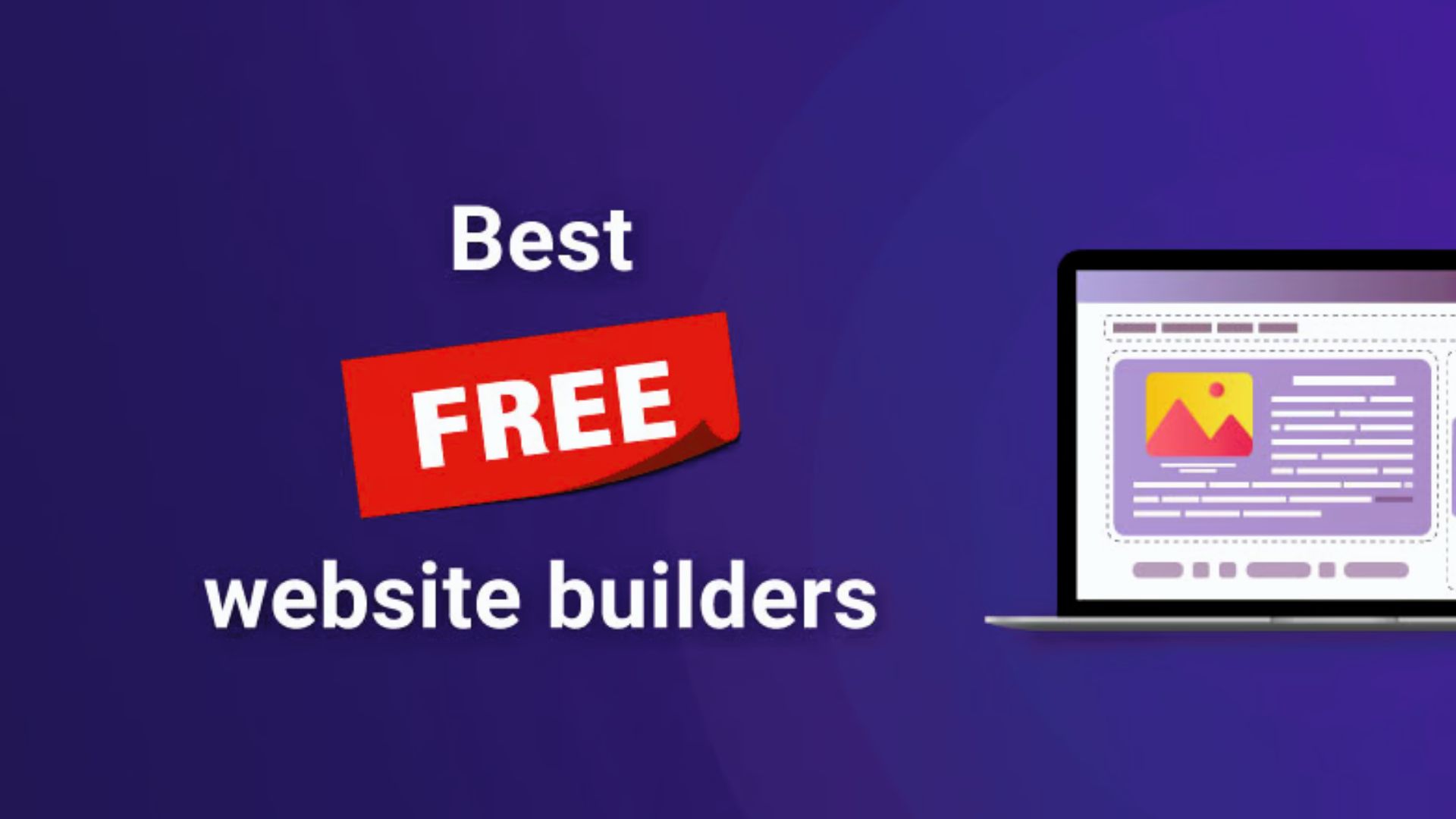The rise of remote work has transformed the way teams collaborate. Gone are the days of centralized offices; today, successful teams can be scattered across the globe. However, managing remote teams effectively requires communication tools and resources that bridge geographical distances. This is where effective websites for remote teams come into play. A well-designed website can serve as a central hub for information sharing, project management, and fostering a sense of connection within a remote workforce.
Why Build Effective Websites for Remote Teams?
Firstly, building effective websites for remote teams is essential in today’s digital landscape. It fosters seamless communication and collaboration, enabling remote team members to connect and work together regardless of geographical barriers. A well-designed website facilitates efficient project management, file sharing, and access to essential resources, enhancing productivity and workflow. It also promotes a sense of cohesion and belonging among team members, fostering stronger relationships and team dynamics. Additionally, an effective website ensures that remote teams have access to crucial information and updates, keeping everyone aligned and informed. Ultimately, investing in a robust website for remote teams is crucial for success in the modern work environment. There are numerous advantages to building effective websites for remote teams:
Centralized Information Sharing
Moreover, a well-structured website can house essential documents, project updates, company policies, and other crucial information in one easily accessible location. This eliminates the need for scattered emails, shared drives, and endless document versions, promoting clarity and consistency.
Enhanced Communication and Collaboration
Additionally, the website can serve as a platform for communication beyond traditional email. Integrate features like forums, discussion boards, or chat functionalities to encourage team discussions, brainstorming sessions, and real-time project updates.
Improved Project Management
Project management tools can be integrated into the website, allowing team members to track project progress, assign tasks, and collaborate on deliverables seamlessly. More so, this fosters transparency, accountability, and efficient workflow management.

Now that we understand the benefits, let’s delve into the key elements of building effective websites for remote teams:
Key Features for Effective Websites
Here are some crucial features to incorporate into your website for a successful remote team experience:
Intuitive User Interface (UI) and User Experience (UX)
Furthermore, the website should be user-friendly and easy to navigate, regardless of the user’s technical expertise. A clear layout, intuitive menus, and a search function are essential for efficient information retrieval.
Accessibility Features
Ensure the website is accessible to team members with disabilities. This includes features like text-to-speech functionality, appropriate color contrast, and keyboard navigation options.
Secure File Sharing
The website should allow for secure document and file sharing, with access controls to ensure only authorized personnel can view sensitive information.
Collaboration Tools
Integrate collaboration tools like calendars, task management systems, and real-time document editing functionalities to facilitate seamless teamwork, even across time zones.
Communication Channels
Integrate communication features like forums, chat rooms, or video conferencing tools to encourage open communication and collaboration among team members.
Fostering a Remote-Friendly Culture
While functionalities are important, fostering a remote-friendly culture is equally crucial for a successful website:
Company Culture Section
Dedicate a section to showcase your company culture, values, and employee stories. In addition, this helps remote team members feel connected to the broader organization and fosters a sense of belonging.
Team Member Profiles
Create profiles for team members, including faces, bios, and contact information. Additionally, this adds a personal touch and allows team members to get to know each other better.
Virtual Social Space
Consider incorporating a virtual social space on the website, a forum for informal discussions, sharing interests, and building camaraderie amongst remote colleagues.
Conclusion
In conclusion, effective websites for remote teams are not just about technology; they are about fostering a sense of connection and collaboration within a geographically dispersed workforce. By creating a user-friendly, informative, and engaging online hub, businesses can empower their remote teams to thrive.More so, as remote work continues to grow, building effective websites for remote teams is no longer a luxury; it’s a necessity. So, let’s bridge the physical distance with the power of a well-designed and well-utilized website, ensuring remote teams can collaborate effectively and achieve outstanding results.










